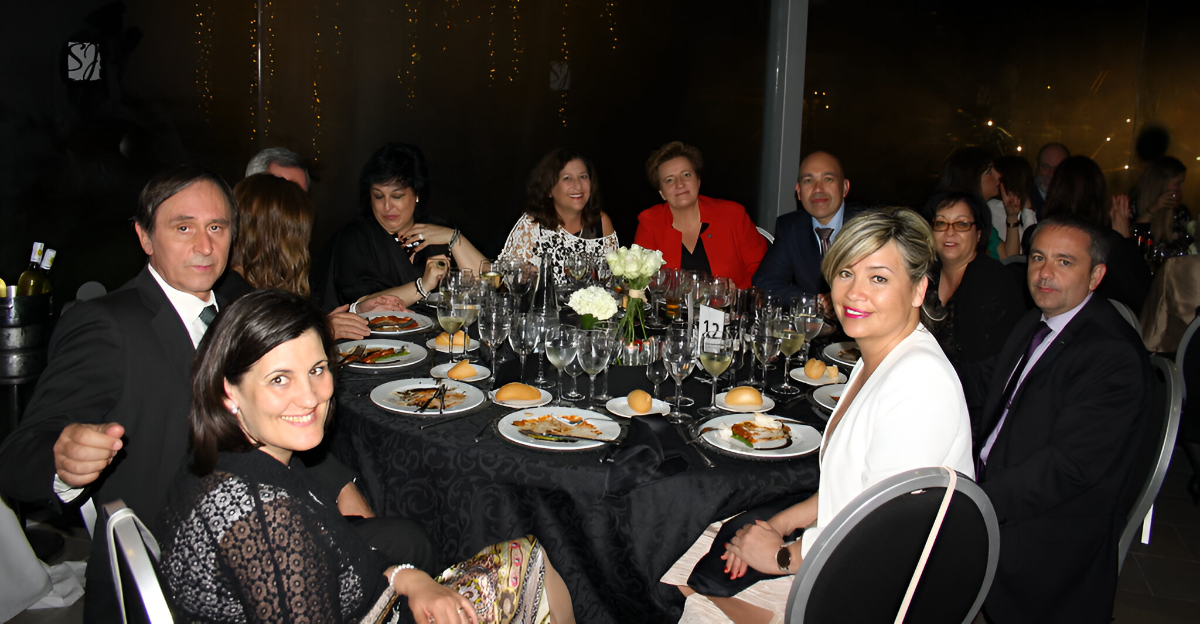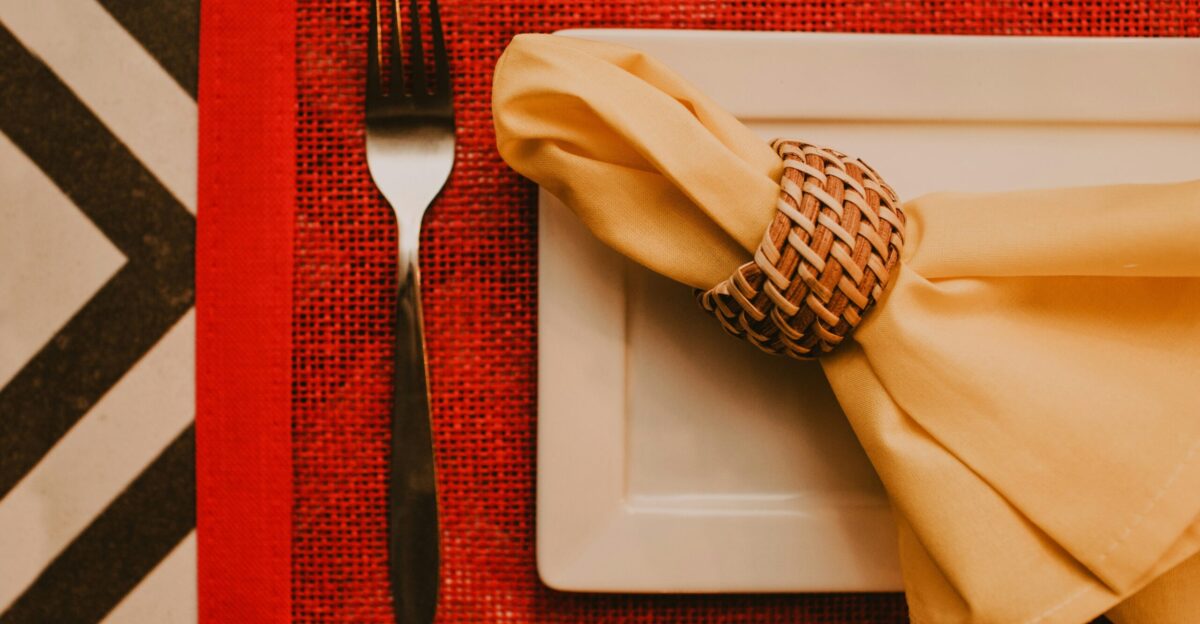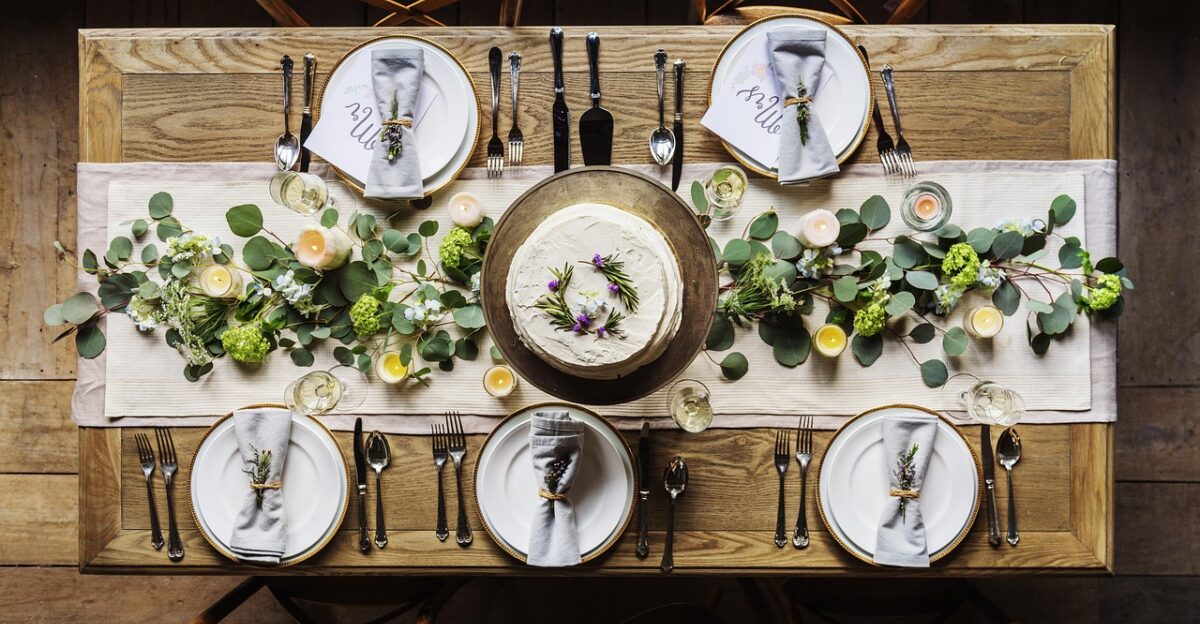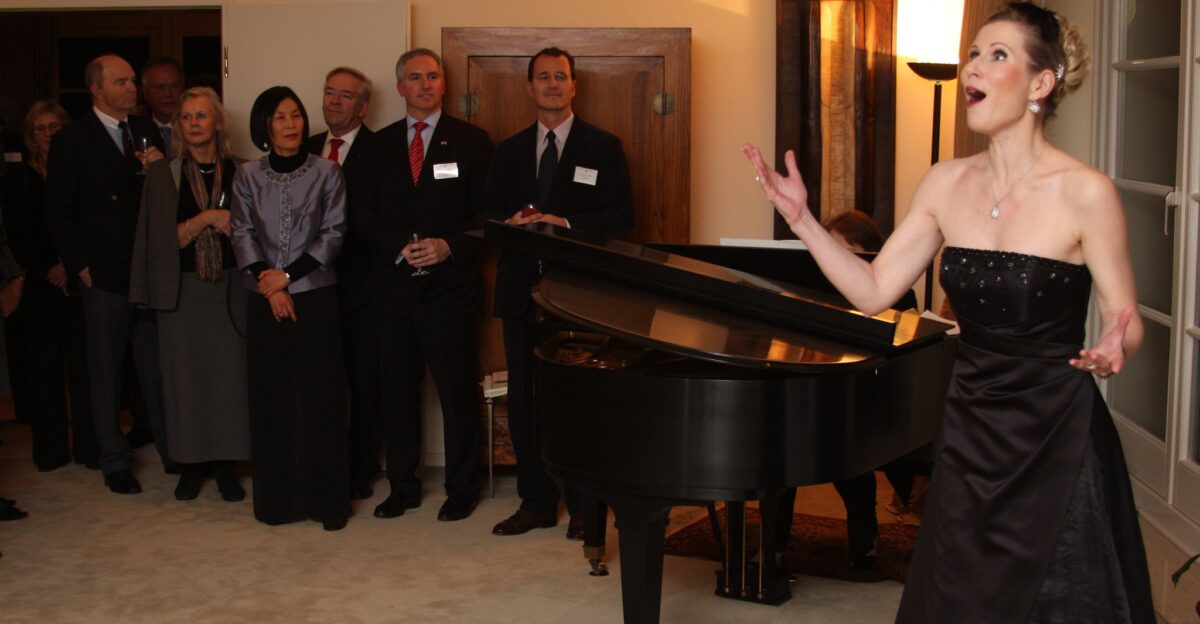
When you enter the world of the upper class as a middle class person, you can feel like you are stepping into another universe with customs and traditions about boundaries, traditions, and social signals that have been instilled for many generations.
These “rules” have not been set to make others feel unwelcome, but inevitably, these habits can make new people feel unsure of themselves or out of place. Let’s take a look at 14 examples of why the upper class is set apart in society.
1. Formal Dinner Parties

In most upper-class circles, formal dinner parties are not only an opportunity for them to socialize but also a way to show their etiquette, tradition, and social status. Invitations are sent out far in advance, and it is expected that you reply correctly.
Seating arrangements are carefully chosen, often to mix guests and open an opportunity for diverse conversation. Disciplined staff serve different courses of food, each served with its own specific cutlery. These rules can make middle-class guests feel like outsiders trying to navigate this dinner.
2. Strict Dress Codes

Upper-class event dress codes are not about wearing the latest brands or trying to look flashy; they are about mastering the unspoken code of dressing classically. “Don’t drip in branded clothing. The truly wealthy go for quality construction and materials over splashing big fancy logos. Logo overload looks nouveau riche.”
This dress code can look like the following: For men, they can wear a perfectly tailored dark suit or tuxedo paired with quality shoes, and for women, floor-length gowns or pared-down, classic ensembles are the norm. Everything you wear should be neat and appropriate. Getting the dress code wrong by even a little can make you look like you are unfamiliar with upper-class expectations.
3. Understated Elegance

These circles believe that true wealth is seen, not heard, which matches the idea of “quiet luxury.” For upper-class people, elegant materials, timeless designs, and perfect tailoring outweigh logos or flashy jewellery. As Theodore Rooseveldt said, “Courtesy is as much a mark of a gentleman as courage.”
Old-money families value heirlooms like a vintage watch much more than a seasonal trend. The goal is to quietly look impressive with those honed over generations, instead of the desire to show off.
4. Impressive Table Manners

Every move made at the dinner table is done on purpose. It is important to know which fork or glass to use with which meal, unfold your napkin only after the host does, and only start eating when everyone has been served.
Conversation around the dinner table is never about money or politics; instead, it is always polite, for example, about art, travel, or even mutual acquaintances. “A true gentleman is one who is never unintentionally rude,” said Oscar Wilde. Small mistakes like eating too fast or reaching across the table can make someone seem out of place.
5. Dining Etiquette—Punctuality and ‘Bread & Butter’ Notes

Being exactly on time is non-negotiable; you should never be early or “fashionably late.”
After attending a nice dinner, you are supposed to send them a handwritten thank-you note, also known as a bread and butter note, within 48 hours to express your gratitude for the event or gift received.
One cannot send a thank-you e-mail or text because it comes off as lazy.
6. Conversational Restraint

Upper-class people speak calmly during conversation, with no interruptions, raised voices, or dominating monologues. They prefer to stay in the background, practicing active listening and including everyone in polite, neutral topics. As William Lyon Phelps said: “This is the first test of a gentleman: his respect for those who can be of no possible value to him.”
Topics like travel, books, or art are light and safe. However, if you’re used to joking around loudly or talking a lot about yourself, you might feel awkward.
7. Using Upper-Class Vocabulary

In the world of upper-class people, language is as important as their appearance. Here are a few words that, if spoken incorrectly, can show off your upbringing and education.
They use the word “napkin” instead of “serviette,” “pudding” instead of “dessert,” and “sofa” instead of “couch.” It might not seem like a big difference, but you will certainly seem out of place for using the wrong vocabulary.
8. Sending Handwritten Thank-you Notes

Handwritten notes are a big deal. You’re supposed to write them for dinner parties, gifts, and favors. These notes must be written soon (within 48 hours) and should sound genuine.
Forgetting or writing something too short will be noticed. “One of the few things that never goes out of style is the simple act of saying thank you,” said Emily Post
9. Private Clubs and Invitations

Many upper-class people spend time at private clubs that regular middle-class people can’t just join. Even if you have a lot of money, you need to be invited by someone already a member, and family history or connections matter a lot.
Often, other members have to say you’d fit in, and sometimes a committee checks out your background to ensure you’re the “right kind of person.” Some memberships are even passed down through families for generations. Even if invited, you might have to go through interviews or wait a long time before truly belonging.
10. Secret Gift Giving

When rich people give money to help others, they do it quietly, without making a big deal. They don’t talk about their donations or brag online, because they think showing off is bad manners.
Sometimes they even give money without telling anyone who it’s from. For them, helping others should be private—what matters is doing good, not getting praise. That’s why much of their charity work is kept secret, and only close friends or family might know about it.
11. Old-Fashioned Inner Circles

Many upper-class people have friendships that return to their parents’ or even grandparents’ time. Many of them grew up together or went to the same private schools, so they have many shared stories and inside jokes.
At their parties or events, they talk about things that happened long ago or mention people you don’t know. If you’re new, it can feel like you don’t fit in, because everyone else already feels part of a close group.
12. Privacy Rules

They care a lot about privacy. People learn early on that it’s best to keep private matters to themselves and to respect the boundaries of others.
It can even come off as intrusive when talking about someone’s job, money, or family life.
Gossip is looked down on, and being too curious is seen as rude. They are also taught not to give too much information about themselves and always try to have some mystery about themselves.
13. Always Calm in Public

Upper-class people are taught not to make a scene, and even children often learn to control their subtle behavior and emotions, no matter the situation.
This doesn’t mean people don’t have feelings, but they’re expected to handle them quietly and gracefully—no loud laughing or wild gestures. Being calm and controlled is important. If you’re used to showing emotions loudly, you might feel like you’re being watched.
“The rich pride themselves on self-control and decorum at all times. Keep your tone even, pay attention to manners and pauses, remain poised.”
— Modern etiquette advice.
14. Careful Gift-Giving

Regarding gift-giving in upper-class circles, thoughtfulness and subtlety are paramount. The value of the gift isn’t as important as choosing something that genuinely reflects the recipient’s tastes and needs.
It’s widely believed that a small, high-quality, or meaningful item makes a far better impression than something grand but impersonal. It is best to avoid any extravagant or flashy gifts.
Instead, the gesture’s sentiment and personal touch matter most, showing off your genuine appreciation.